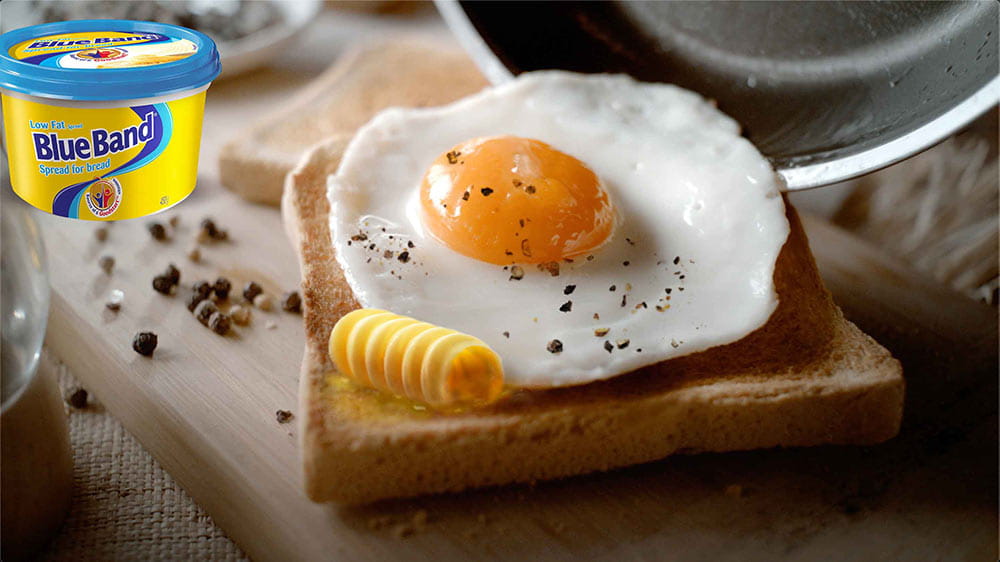
It is generally recommended to eat some fat or oil with breakfast, and this fat should be of the right quality. WHO recommends that 6-11% of the daily energy intake should be delivered by polyunsaturated fats (PUFA), which helps prevent chronic diseases. PUFA are mainly the essential fats linoleic acid (LA – omega 6) and alphalinolenic acid (ALA – omega 3), for. Five to eight percent has to come from LA, and 1-2% from ALA (36).
Essential fats cannot be produced by the human body; hence they need to be part of the diet and are needed for vital functions. They are used by the body to synthesise bioactive metabolites (eicosanoids, prostaglandins) via conversion to very long chain fatty acids and are building blocks for cells and tissues. In children, essential fats are needed for optimal growth and development (37). In addition, polyunsaturated fats can have a beneficial effect on the heart when eaten in moderation and when use to replace saturated fat and trans fat (37). Polyunsaturated fats can help reduce bad (LDL) cholesterol levels the blood which can lower the risk o heart disease and strokes (38,39).
Children across the globe do not get enough of the essential fats; mainly Omega 3 intake is very low (40). A recent study in Indonesia showed that 40% of the children had saturated fat intake exceeding recommendations, while 84% of the children had ALA intakes below recommendations (42). There are no intake data available for children in Kenya.
Vegetable oils that are rich in polyunsaturated fats provide essential fats. Margarine is made with vegetable oils and so provides omega 3 and 6. In addition, it delivers the fat-soluble vitamins A, D and E. Adding margarine to breakfast will provide energy and vitamins, will add taste, and will help children to get the essential fats they need.


.png?h=52&iar=0&w=52&rev=-1)


